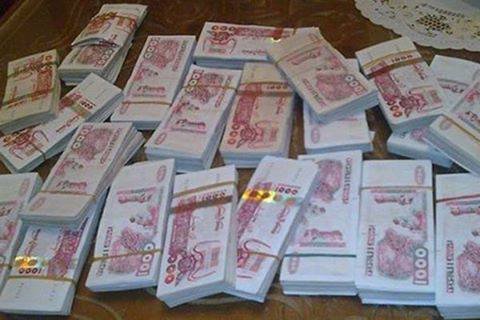In the last quarter of 2017, the price of a Bitcoin has more than tripled. This has led to a sudden surge in the awareness of the word Bitcoin across the globe and especially in India. It is a textbook example of the diffusion of innovation theory in action. We have certainly breached the Innovators to Early Adopters, and probably, even Early Majority stage in terms of awareness of the word. In terms of understanding of the concept and participation in the ecosystem of Bitcoins (or Blockchain) we are, quite likely, still in the Innovators stage.
So, what is Bitcoin? With the name incorporating the word "coin", of course, it connotes a currency and with the word "Bit" it connotes something digital. We could say it is a Digital Currency. The use of a currency is as a medium of exchange of value between participants in an economy. In that sense, if Bitcoins are accepted as a form of payment between different participants then it is being used as a currency.
In India, a digital currency can be used as a medium of exchange by mutual consent. Legally this can be considered a barter exchange. But for it to gain economy-wide acceptability like cheques, credit cards or digital wallets, it will need some sort of a regulation or a "killer app", such as a widespread goods or service provider accepting it as a payment system. This could be the government itself—highly unlikely anytime soon—accepting payments in Bitcoins (or other digital currencies) or platforms like Flipkart or Amazon. It is unlikely that Bitcoins or other related currencies would become acceptable on a large scale within India in 2018.
In 2018, it is possible that exporters or importers might start using Bitcoins for specific types of transactions if they become acceptable in the target countries they do business with. Of course, compliance with FEMA will have to be kept in mind, but it is possible to structure transactions in a compliant manner.
Suggestions could come in to the RBI and the Government of India to come out with some kind of a notification or clarification on the legal status of cryptocurrencies or digital currencies like Bitcoins. Some might also suggest that an official RBI or government-backed cryptocurrency like RupCoin be floated. Of course, this seems to conflict with the original idea behind Bitcoin where a distributed ledger not controlled by any central authority issues the currency. source: https://economictimes.indiatimes.com
source: https://economictimes.indiatimes.com
Hi! I am a robot. I just upvoted you! I found similar content that readers might be interested in:
https://tecandtricks.wordpress.com/